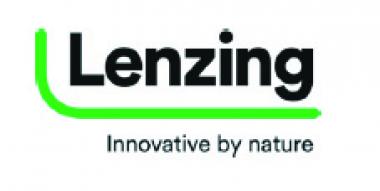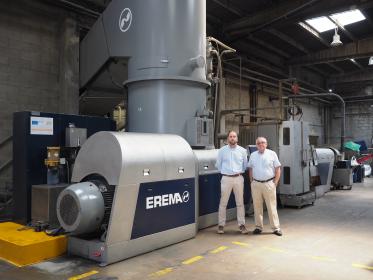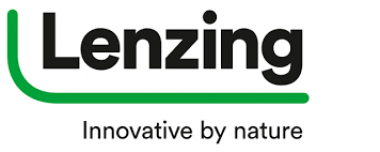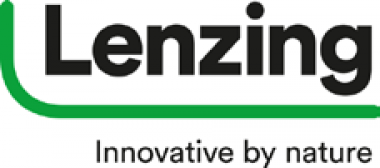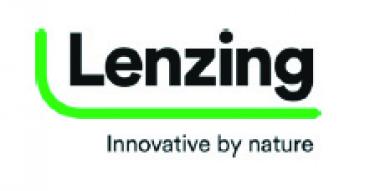Lenzing presents Online Sustainability Report 2021
- Lenzing continues to march purposefully towards Group-wide climate neutrality
- Lenzing recognized as “sustainability champion” several times worldwide – one of only 14 companies awarded “AAA” rating by CDP
- New, innovative reporting methods – Lenzing presents its Online Sustainability Report for the first time
- Sustainability Report 2021 based on the results of the updated materiality analysis
Lenzing – The Lenzing Group, the world’s leading supplier of wood-based specialty fibers, released its Sustainability Report 2021 today, April 05, 2022, on the occasion of “Earth Month”. Bearing the title “Linear to Circular”, the report emphasizes the company’s focus on carefully balancing its needs with those of nature in the spirit of the circular economy. The report has been prepared in accordance with the standards of the Global Reporting Initiative (GRI) and the Austrian Sustainability and Diversity Improvement Act (NaDiVeG) and audited by KPMG Austria GmbH Wirtschaftsprüfungs- und Steuerberatungsgesellschaft.
The Lenzing Sustainability Report 2021 is available on the company website.
Lenzing Aktiengesellschaft


